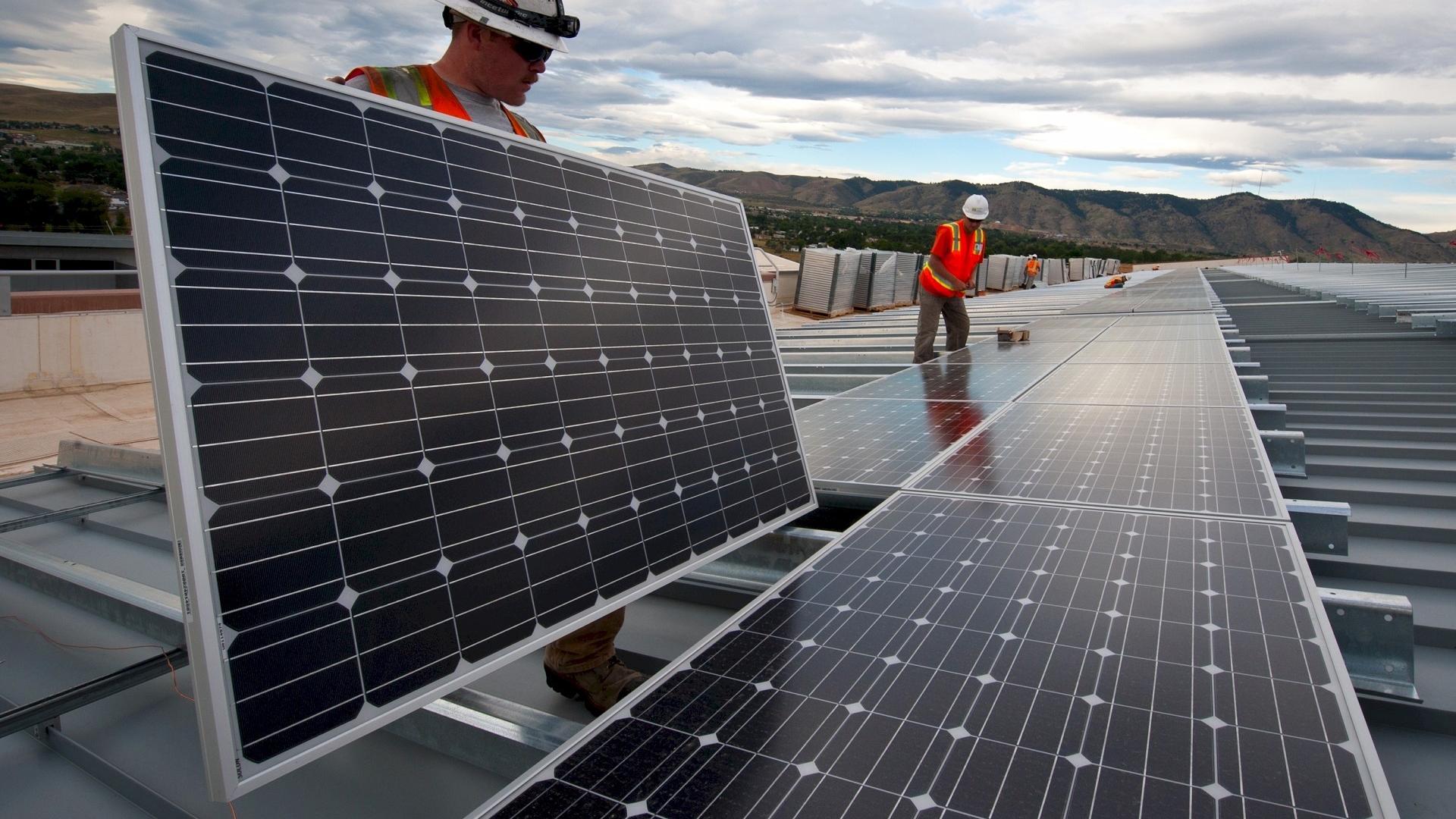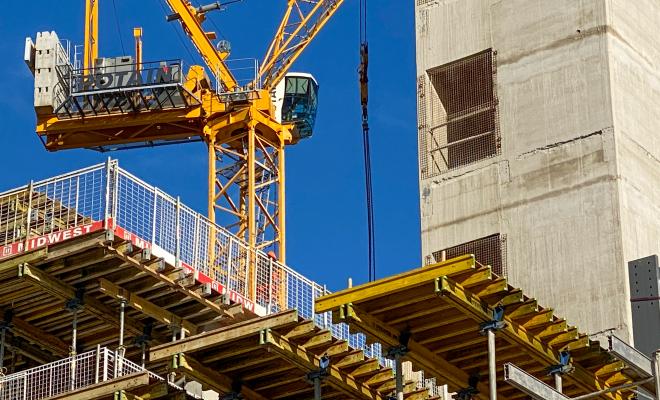Rebecca Murray21 Mar 2022
The story so far
In 2021 the UK government announced further planning reforms relating to developments of national significance, also known as Nationally Significant Infrastructure Projects (NSIP). NSIPs are large development projects, such as Transport Routes, Power Stations or Wind Farms. Whilst members of the public have opportunities and rights to be consulted and make representations for or against these proposals, NSIPs can only be built when they are approved by a government minister (rather than a local planning authority). The government's Planning Inspectorate holds an examination for applications to develop an NSIP and advises the minister about whether to grant permission.
Friends of the Earth undertook group research with our grassroots network of local groups across the nation who have been involved in campaigns relating to this type of planning permission to prepare our response to the consultation survey. Our response highlights the need for the NSIP decision-making process to:
- Actively listen and include local voices and public interest at the heart of the process by introducing more governance over the engagement and consultation process prior to submission.
- Provide clearer information on the true impacts of a proposal that are accessible to everyone (not just those with relevant technical experience).
- Uphold a level of quality of each planning submission by limiting the scale and number of amendments that are considered reasonable after an application has been submitted.
The government is now considering all responses received and have shown positive interest in the concerns we have raised in our response. Following meetings with DLUHC (Department for Levelling Up, Housing & Communities), Defra (Department for Environment, Food and Rural Affairs) and PINS (Planning Inspectorate), we’re pleased to share that we’ll be undertaking further engagement with local groups with an interest in the NSIP process and reforms. This will feed directly into the government’s plans for these reforms, alongside feedback gathered by other environmental NGOs. This will take place over the coming months. If you’re part of a Friends of the Earth local group and are interested in getting involved in these discussions, please reach out to your Regional Campaign Organiser.
Energy National Policy Statements (NPS)
Alongside this consultation, the BEIS (Department for Business, Energy and Industrial Strategy) published a revised suite of Energy NPS to replace the existing national energy policy position (which is some 11 years old). Friends of the Earth have been pressurising the Government to review its energy position to reflect the climate emergency we are facing and our net-zero and environmental commitments. However, as we set out in our response, the government has not made a strong enough commitment to transition away from fossil fuels. Instead, the proposed Energy NPSs have the potential to lock us into planet-destroying energy sources for many more decades to come.
Planning White Paper reforms
Following our update in September 2021, since his appointment, Secretary of State (DLUHC) Michael Gove has continually proved that government has abandoned its attempts to completely re-write planning legislation. In most recent news, he has stated that there is no longer going to be a stand-alone piece of planning legislation and that unwelcomed growth zones of the Planning White Paper of 2020 have also been scrapped. Instead, we are being led to anticipate a more limited change to planning rules which will be incorporated as part of the Levelling Up and Regeneration Bill (due to be set out in the Queen’s speech in the Spring). Alongside this, the planning system is facing continued changes to permitted development rights, and the introduction of biodiversity net gain and Local Nature Recovery Strategies through the Environment Act 2021.
As can be seen by these u-turns on reform, the planning system continues to be a turbulent environment to navigate for our campaigners on the ground.
While we certainly welcome the withdrawal from devasting changes to the planning system which would have threatened local democracy and continued to ignore the importance of climate and nature in the planning balance of decision-making, the limited reference to “planning” in the Levelling Up White Paper (2022) and a more limited change to planning rules is far from reassuring. We will be left with the system we currently have, which is not performing for the world we need to live in to prevent the most severe consequences of climate change.
With help from our local groups, Friends of the Earth will continue to challenge the government’s planning agenda and continued inaction in the face of our climate and nature emergencies, to ensure we lead the way in creating climate and nature resilient places. We need the government to provide the right legal framework and national guidance to make our climate and nature commitments a reality. We will continue our challenge of this government by campaigning on long-overdue climate revisions to the NPPF (expected in 2023) and the details within the Levelling Up and Regeneration Bill expected later this year.
If you’re interested in supporting our campaign for planning reform, we’re relying on our grassroots network of local groups across the nation to get in touch with their Regional Coordination Officers for how to help. If you’re not already part of a local group, head to our Take Climate Action website to find your nearest group.



